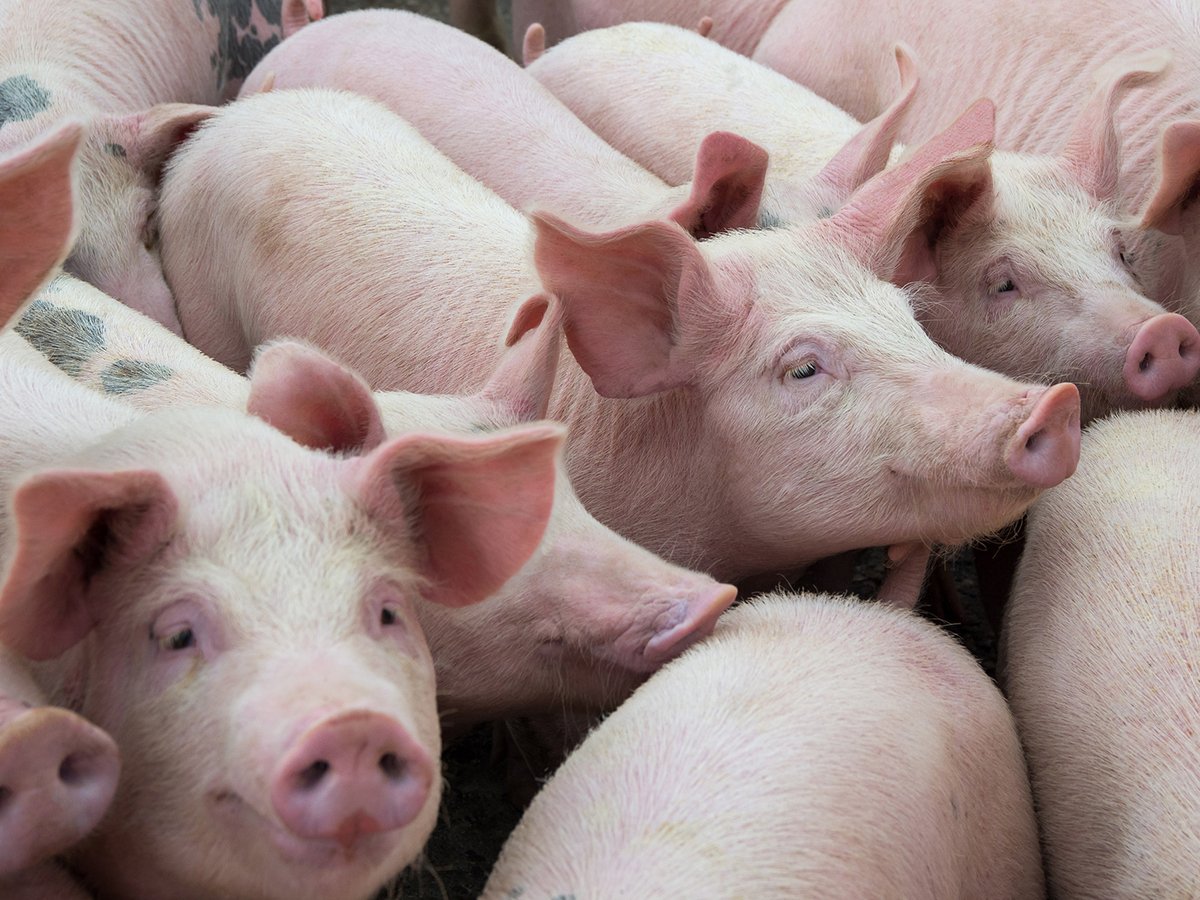DRESDEN, Ont. – Ontario’s honey industry is getting serious about the arrival of the small hive beetle.
Beekeepers are concerned about repercussions to the interprovincial movement of bees if the right steps are not taken to deal with the pest.
Some of Ontario’s producers move hives west to Manitoba and east to Quebec and Atlantic Canada.
Others, like Tibor Szabo, market queen bees, hives and nucleus colonies across Canada.
“A lot of beekeepers in the province were in favour of eliminating all the bees in the control zone,” Szabo said.
Read Also

Quebec pork company calls for transparency around gene-edited pigs
Quebec-based pork company duBreton is calling for transparency around meats from gene-edited pigs on concerns that a lack of mandatory labelling will confuse consumers, and dilute certification claims. The organic sector is also calling for labelling rules.
“One beetle can become many, many, many beetles. A single female can lay up to 2,000 eggs.”
However, officials decided eradication would not provide a long-term solution to the problem.
On March 7, a regional quarantine was placed on Essex County and neighbouring Chatham-Kent in the southwestern corner of the province.
Szabo knows of one beekeeper who overwintered hives in Manitoba rather than bringing them back to his bee yards in the Niagara region and running the risk of being quarantined.
Provincial inspectors looked for the small hive beetle throughout Ontario last fall, especially in locations bordering the United States, where it is widespread.
Tom Congdon’s family has been keeping bees in Essex County for decades but he now produces most of his honey 200 kilometres away in Wellington County.
It’s been his practice to move as many as 800 hives between the two areas, taking advantage of the milder climate in Essex for overwintering. This year he left them in Wellington for fear of being caught up in a quarantine.
The decision saved his honey business, but Congdon is concerned about the tree fruit and small farmers in Essex County.
Fruit grower Bill Medel said growers would have been in trouble without Congdon’s hives.
“It would have really put us into a hard spot. We don’t feel there are enough wild bees out there to pollinate,” he said. “We need his bees for our apples, pears and plums.”
Congdon and the Ontario agriculture ministry, came up with a solution. The ministry will buy as many as 300 hives and take them on a one-way trip to Essex.














